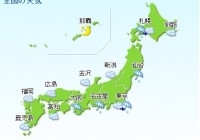(Foreign) Language fluency at work
Although I’m gradually getting the hang of day-to-day Japanese conversation, I don’t any experience using that language in a work environment. My current workplace doesn’t have many Japanese people, so there isn’t much opportunity to attempt it, either. However, that doesn’t stop me from thinking about what it would be like to attempt using Japanese while working… Read More »
